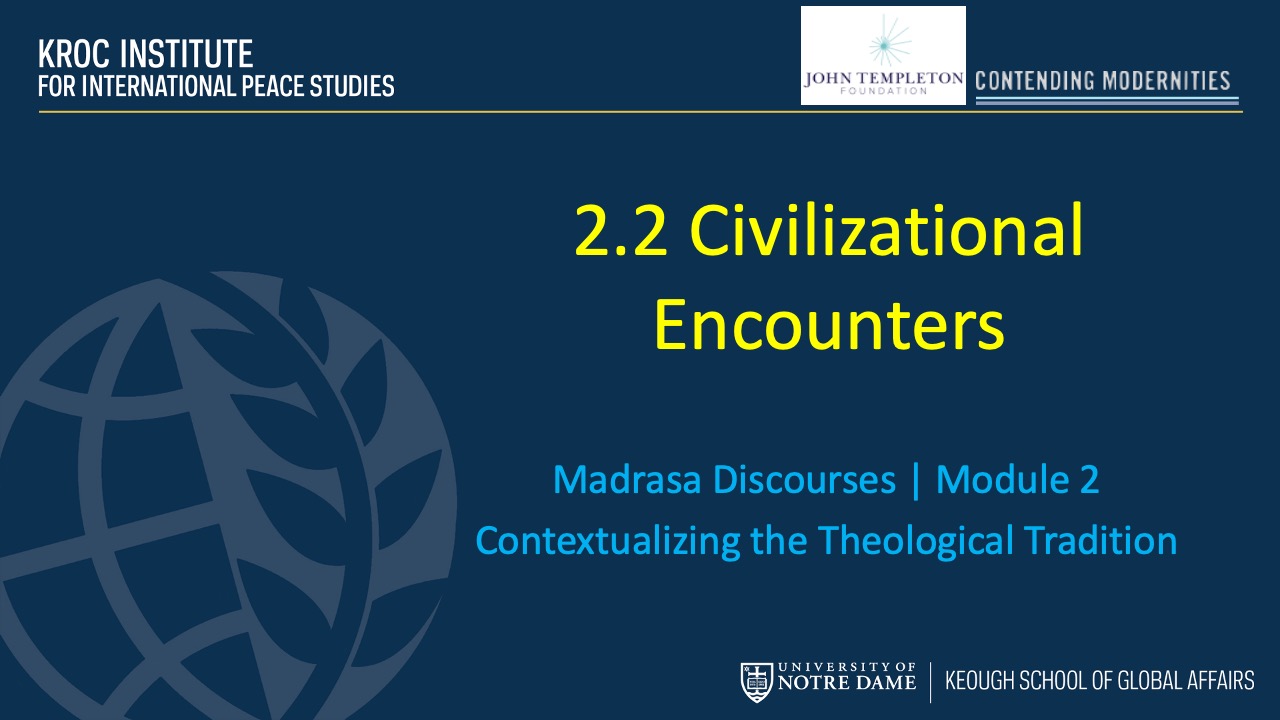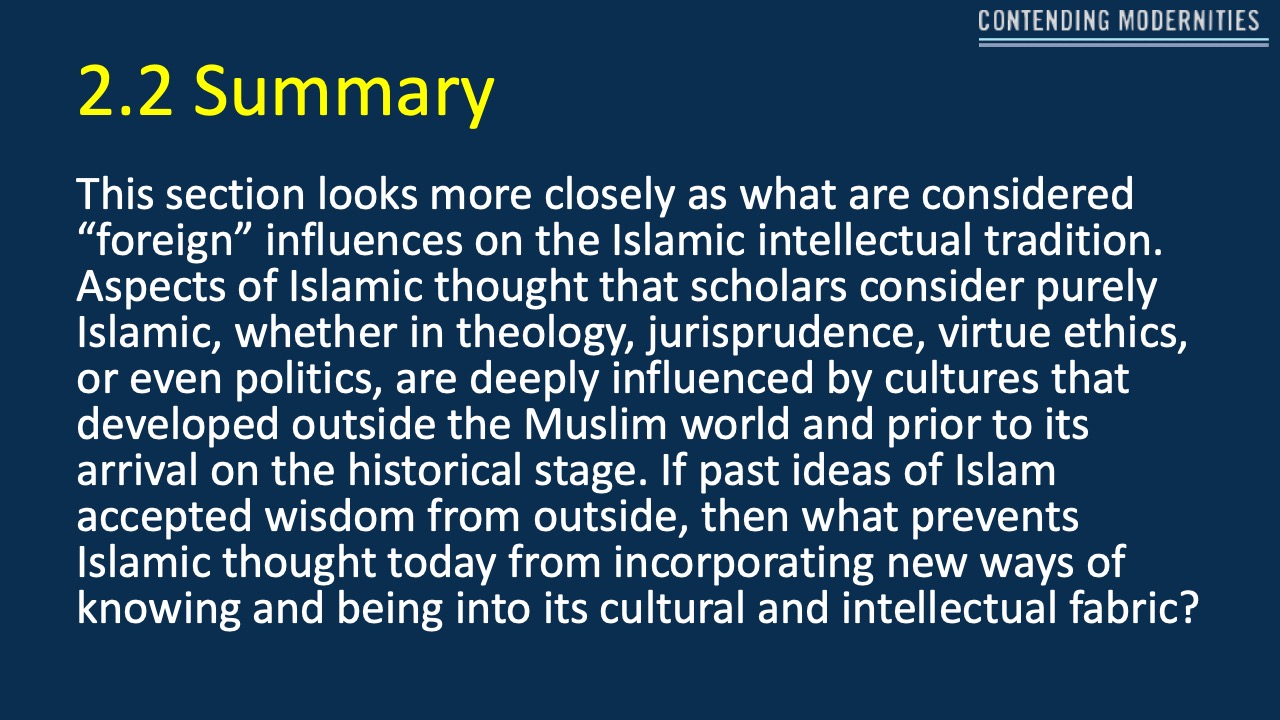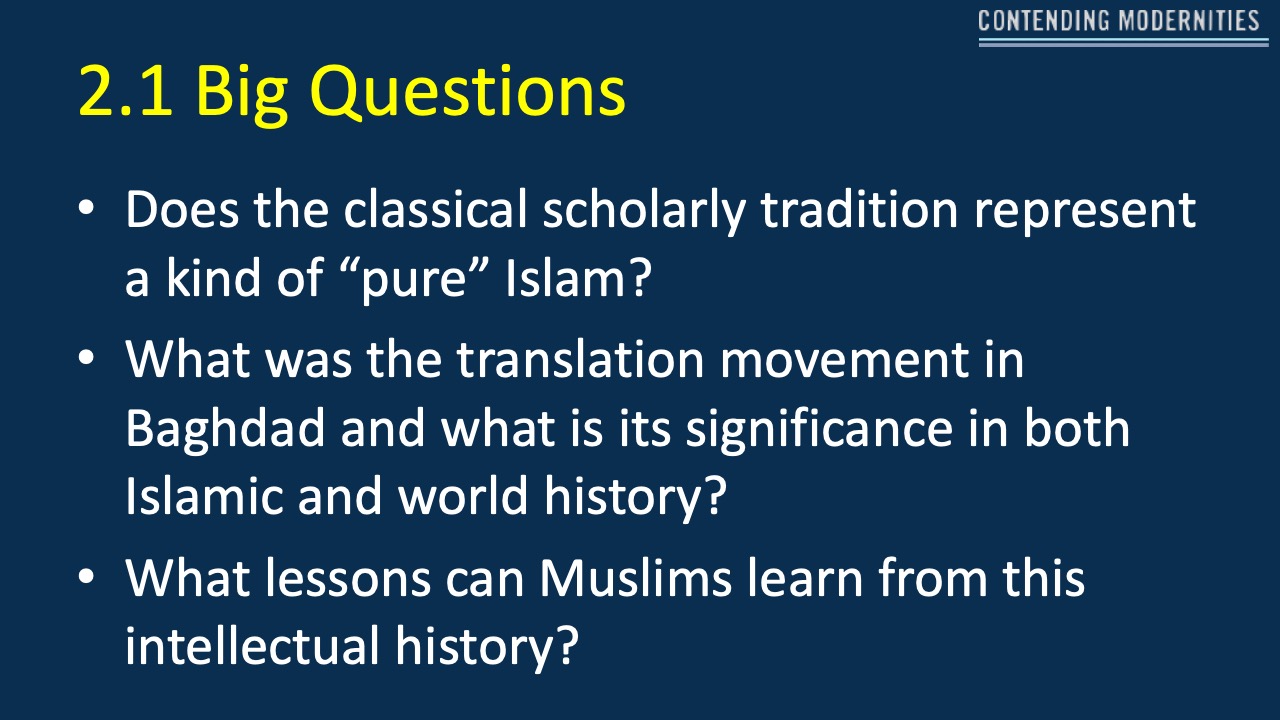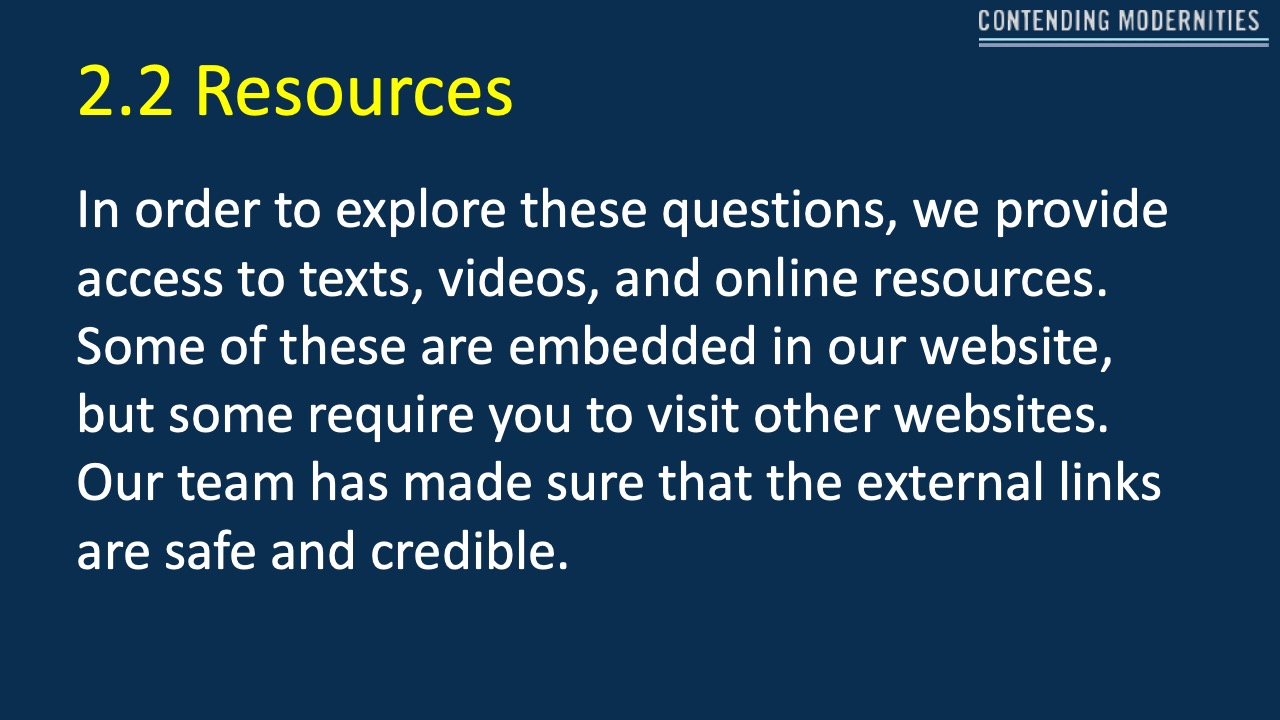In this section, we study the impact of foreign influences on the shape of classical Islamic thought. We focus in particular on the role of Greek thought for philosophy and science, including the religious sciences of theology and law, as well as the influence of Persian culture for political thought. The translation movement centered in Baghdad under the Abbasids from the ninth to eleventh centuries contextualizes the historical period.
Key Terms:
Photo: Old Jerusalem. Photo Credit: Lazhar Neftien, 2009. CC BY 2.0.
Learning Materials:
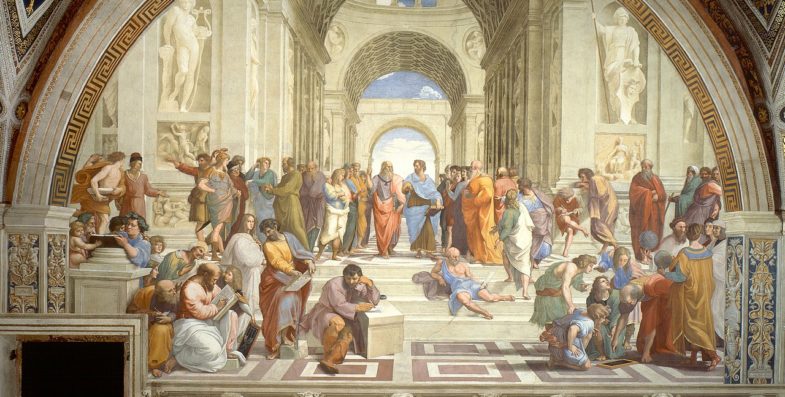
2.2.1 Children of Abraham and Aristotle
How has Islamic theology and practice engaged other traditions, and can we apply this to modern science? (Raphael/"School of Athens")
Read More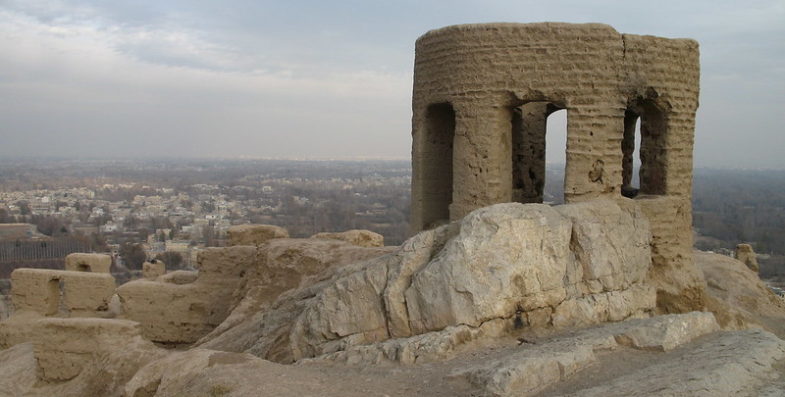
2.2.2 Civilizational Encounters Video
Intellectual cross-fertilization had a profound impact on classical Islamic societies. (Ivan Mlinaric/"Fire Temple")
Read More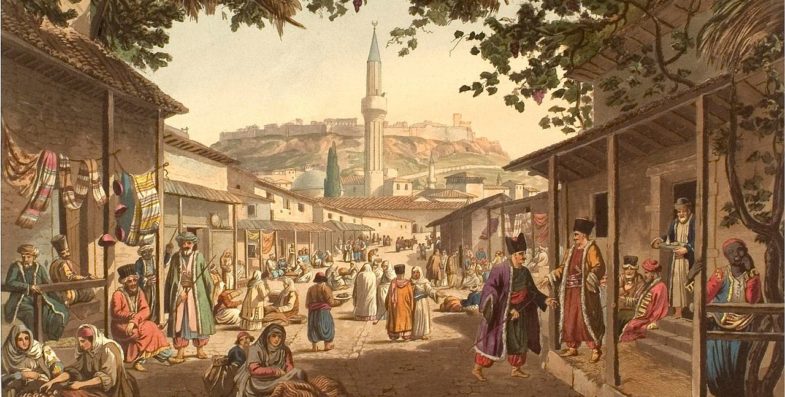
2.2.3 Arabic Translators
Islamic civilization didn't merely preserve ancient Greek philosophy. (Edward Dodwell/"Bazar of Athens")
Read More
2.2.4 Islamic Civilization
Cherif Bassiouni’s Introduction to Islam provides a synthetic survey of cultural influences on Islam. (Dreirik/"Jame Mosque")
Read More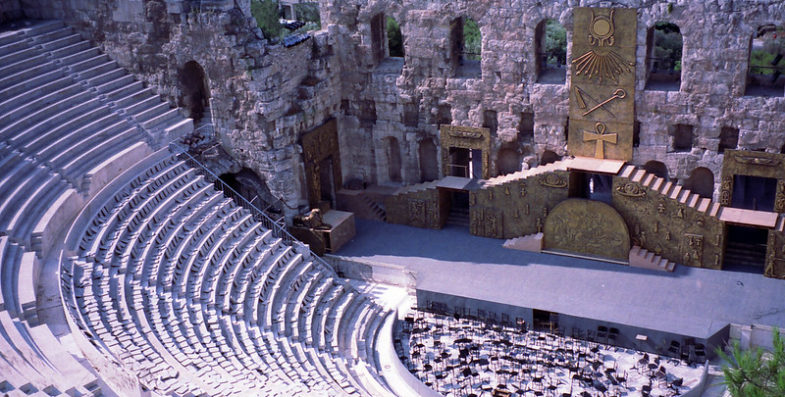
2.2.6 Greek Sources (Supplemental)
A detailed survey of Greek influences in Islamic philosophy from the Stanford Encyclopedia of Philosophy. (Rohan Travellin/"Odeon of Herodes Atticus, Athens, Greece")
Read More

